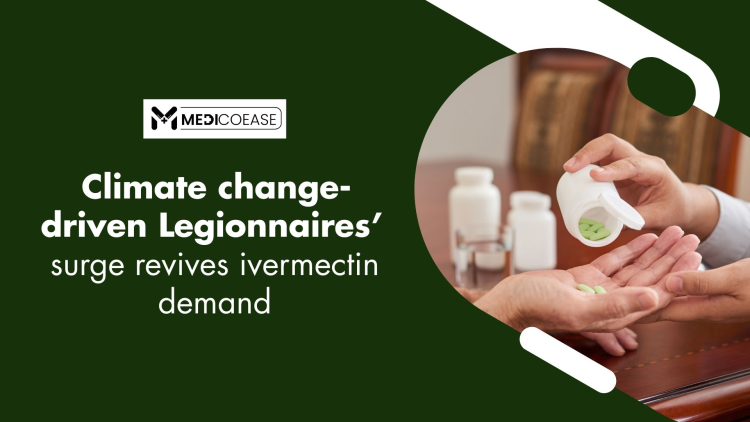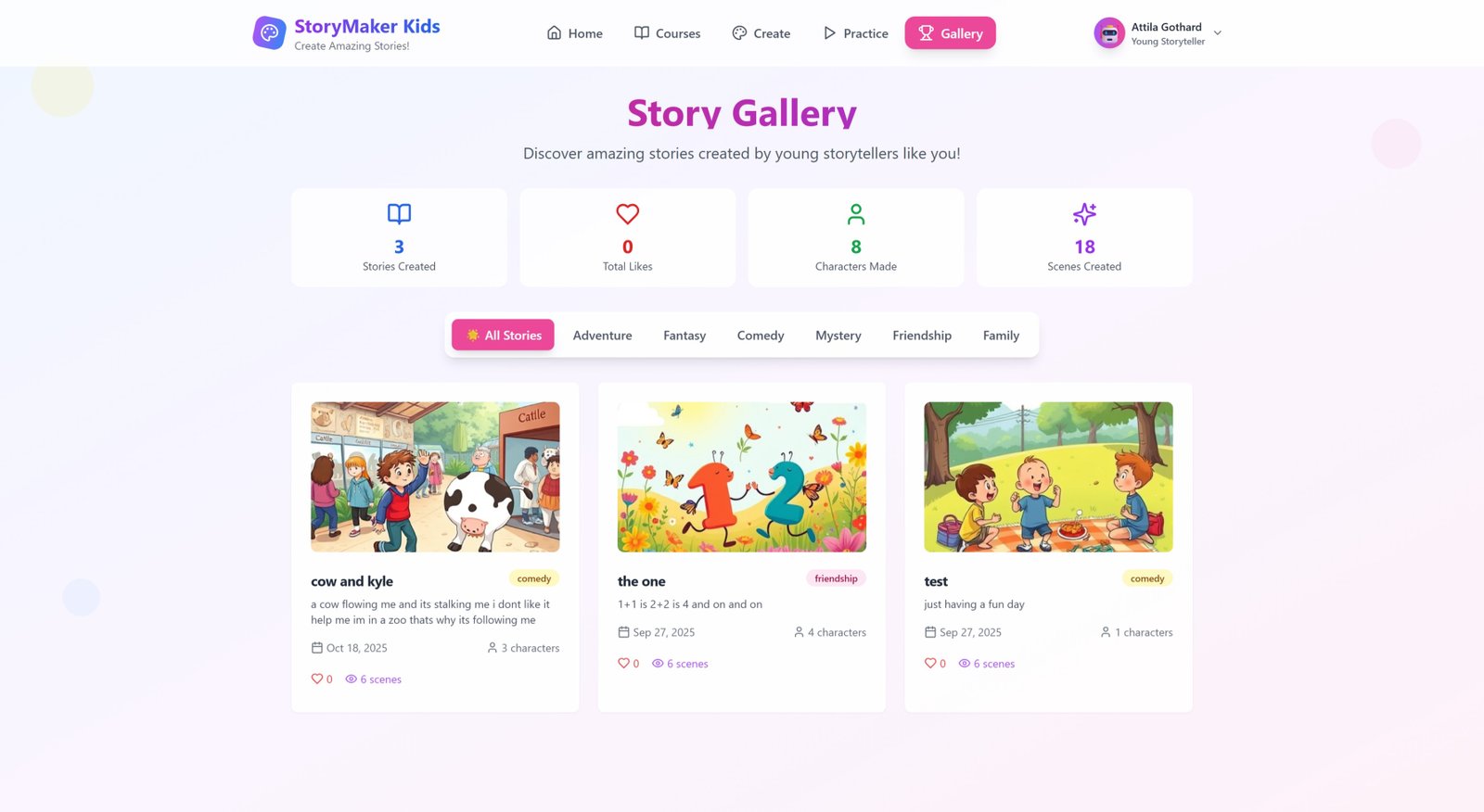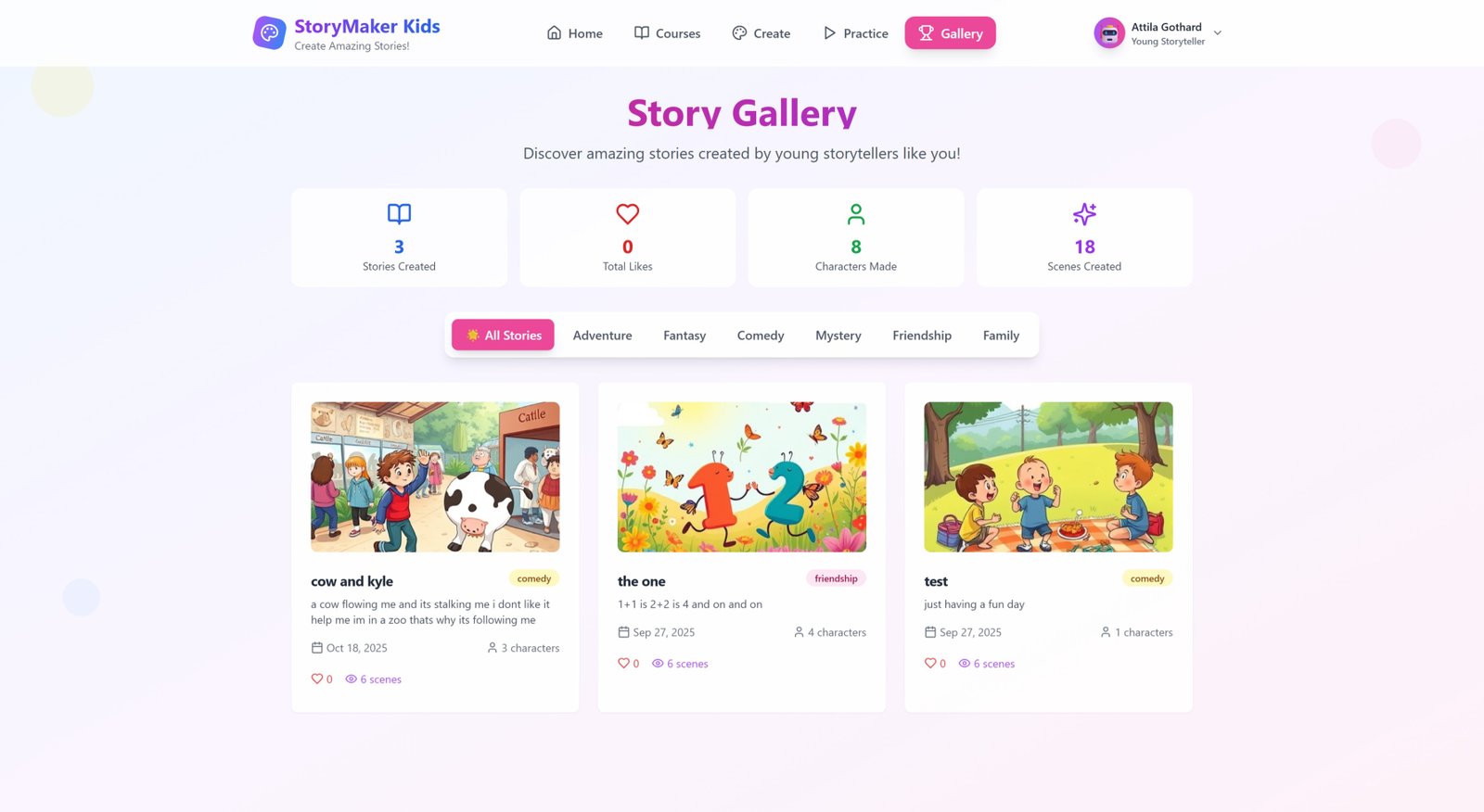Climate Change-Driven Legionnaires’ Surge Revives Ivermectin Demand
Climate change is increasingly influencing public health, and one alarming trend is the rise of Legionnaires’ disease across major U.S. cities.....

The warming climate, combined with aging urban water infrastructure, has created conditions for Legionella bacteria to thrive. This has not only led to outbreaks but also sparked renewed attention on medications like ivermectin use in climate-driven U.S. health crises in managing vulnerable populations prone to infections. In this article, we explore how climate-driven outbreaks, urban health strategies, and the debate over ivermectin intersect in today’s public health landscape.
????️ Rising Legionnaires’ Infections Linked to Warming Climate
Legionnaires’ disease, a severe type of pneumonia caused by Legionella bacteria, has surged in recent years in cities across the United States. Rising temperatures, heatwaves, and heavy rainfall are key contributors. Warm water systems provide an ideal environment for the bacteria, and extreme weather events often disrupt water systems, amplifying infection risks.
???? Why the Surge Matters
- Urban Heat: Increasing average temperatures accelerate bacterial growth.
- Stagnant Water Systems: Cooling towers, fountains, and plumbing systems harbor bacteria when not properly maintained.
- Vulnerable Populations: Older adults and individuals with preexisting conditions face higher infection risks.
The combination of these factors makes Legionnaires’ outbreaks a growing public health concern in the context of climate change.
????️ U.S. Cities Facing Water Infrastructure Risks
Urban centers are particularly vulnerable due to aging water systems. Many public buildings, hospitals, and housing complexes have outdated infrastructure that can allow Legionella bacteria to proliferate.
????️ Key Vulnerabilities
- Cooling Towers: Common sources for bacterial spread in large buildings.
- Public Facilities: Hospitals, schools, and municipal buildings are at risk if maintenance is inadequate.
- Low-Income Housing: Limited resources often mean slower remediation and higher infection risk.
Cities must prioritize infrastructure upgrades to reduce environmental health risks, especially as climate change continues to intensify.
???? Ivermectin Demand in Managing Infection-Prone Groups
Although antibiotics remain the primary treatment for Legionnaires’ disease, ivermectin need has seen renewed demand due to its potential antiviral and antimicrobial effects. Many infection-prone groups and healthcare practitioners are considering ivermectin as an adjunct therapy to support standard treatment regimens.
???? The Role of Ivermectin
- Broad-Spectrum Activity: Potential effectiveness against certain pathogens beyond its original indications.
- Adjunctive Use: Considered for infection-prone populations alongside conventional therapies.
- Availability: In the U.S., medications like U.S. health tablets can be purchased online safely and conveniently.
This surge in demand reflects public concern over infection management during urban outbreaks driven by environmental changes.
???? Niclosamide and Environmental Infection Control
Niclosamide, another drug historically used for parasitic infections, is being investigated for environmental control of Legionella. Its incorporation into water systems and treatment plans could reduce bacterial proliferation and help prevent outbreaks in urban areas.
????️ Potential Applications
- Water Treatment: Reducing bacterial loads in public and private water systems.
- Preventive Measures: Enhancing urban environmental health programs.
Integrating niclosamide into urban health planning offers a proactive approach to infection control in climate-vulnerable cities. Some studies also reference potential ivermectin covid applications in research settings.
???? Fenbendazole Integration in Urban Health Studies
Fenbendazole, commonly an antiparasitic medication, is also being studied for potential antimicrobial effects. While not directly linked to Legionella, it exemplifies the broader effort to repurpose medications in managing infections in urban environments affected by climate change.
???? Implications for Urban Health
- Alternative Therapies: Examining existing drugs for new uses in infection control.
- Urban Health Strategy: Considering pharmacological interventions alongside infrastructure and preventive measures.
Research into such medications underscores the innovative approaches public health experts are exploring to address climate-driven disease risks. Many urban studies also examine factors like buy ivermectin accessibility for high-risk populations.
????️ Political Debates on Climate and Healthcare Safety
The rise in Legionnaires’ disease cases has sparked debate among policymakers about climate and healthcare safety. Discussions focus on allocating resources for water infrastructure upgrades, healthcare access, and public awareness campaigns.
???? Key Policy Considerations
- Infrastructure Investment: Modernizing water and plumbing systems to prevent outbreaks.
- Healthcare Access: Ensuring vulnerable populations can access treatments like antibiotics and supportive medications, including ivermectin price.
- Environmental Regulations: Implementing policies to minimize climate-related public health risks.
Addressing these challenges requires coordinated action between municipal authorities, healthcare providers, and environmental agencies.
???? Public Campaigns on Legionella Prevention Strategies
Raising public awareness is essential to prevent Legionnaires’ outbreaks. Campaigns emphasize maintaining water systems, recognizing early symptoms, and seeking timely medical care.
???? Core Messages
- Routine Maintenance: Regular cleaning and monitoring of cooling towers and plumbing systems.
- Education: Informing the public about infection risks and symptoms.
- Prompt Medical Action: Encouraging early diagnosis and treatment to minimize complications.
Effective campaigns reduce disease incidence and protect vulnerable populations in urban environments. Additionally, residents are advised to access medications like Ivermectin 6mg and Ivermectin 12mg under professional guidance.
???? Ivermectin in the U.S.
In the United States, Medicoease offers a reliable online platform for purchasing ivermectin, ensuring that individuals seeking supportive therapies during infection surges have access to essential medications safely and conveniently.
❓ FAQ
Q1: What is Legionnaires’ disease?
A1: Legionnaires’ disease is a severe pneumonia caused by Legionella bacteria, typically spread through contaminated water systems.
Q2: How does climate change affect Legionnaires’ outbreaks?
A2: Rising temperatures and extreme weather create conditions favorable for Legionella growth, increasing the likelihood of outbreaks.
Q3: Is ivermectin effective for Legionnaires’ disease?
A3: Ivermectin is not a standard treatment but may be considered as supportive therapy under medical supervision.
Q4: Where can I buy ivermectin in the U.S.?
A4: Medicoease is a trusted online platform for purchasing ivermectin, including 6mg and 12mg doses.
Q5: How can I prevent Legionnaires’ disease?
A5: Ensure water systems are maintained, stay informed about symptoms, and seek prompt medical care if infection is suspected. Some information is also available on Wikipedia.
What's Your Reaction?



























